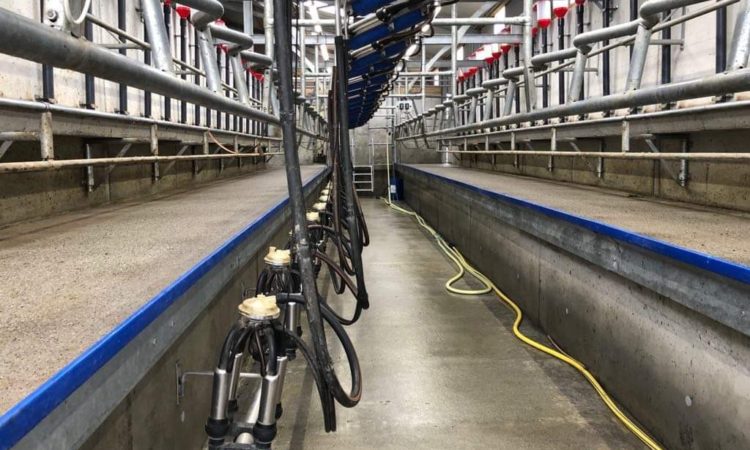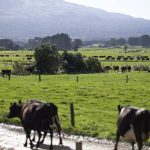
The district’s board of supervisors voted to make the equipment available at no cost to dairy farmers because of the unprecedented economic challenges the industry faces during the COVID-19 pandemic.
“The amount of money that a dairy farmer would have spent to rent equipment from the district is not going to make or break a farm,” said CCCD board supervisor Bill Fosher of Surry, “but we felt this was a gesture of support for important local partners who are struggling now.”
Some economic models are suggesting milk prices could dip as low as $13 per hundredweight this summer and fall, which is about what farmers were being paid for milk in the 1970s. There are about 11.6 gallons of milk in a hundredweight.
As part of its farm viability and soil health mission areas, the Cheshire County Conservation District offers several pieces of farm equipment for rent. They include a no-till corn planter, two no-till drills for planting hay, pasture, and cover crops, a wood ash and lime spreader, a field aerator, and several others. Rental fees on these machines would normally be set aside to cover the costs of maintenance and eventual replacement. If you would like to contribute to these efforts to waive rental fees for local dairy farms, you can make a donation to the CCCD on their website: www.cheshireconservation.org/make-a-donation. Select “Free Equipment for Dairy Farms” when making your donation online, or you can always mail a check to 11 Industrial Park Dr., Walpole, NH 03608.
Milk prices are falling because of the loss of export markets and a huge reduction in demand for milk and other dairy products from the food service sector. With restaurants, schools, and many institutional cafeterias either closed or with drastically reduced operations, less milk is needed than when the food system is operating normally.
Like most larger farms, dairy farms plan their growing and production many months or years in advance. Much of this year’s seed and other inputs have already been purchased, and the cows will continue to produce milk even if demand continues to wane. So expenses are not about to drop off just because revenues have.
“The sad fact of the matter is that we will lose some more dairy farms during this crisis,” Fosher said. “It will take some time for the agricultural economy to rebound. But for the dairy farmers who want to continue to be good stewards of their land, we wanted to do what we can to help.”























